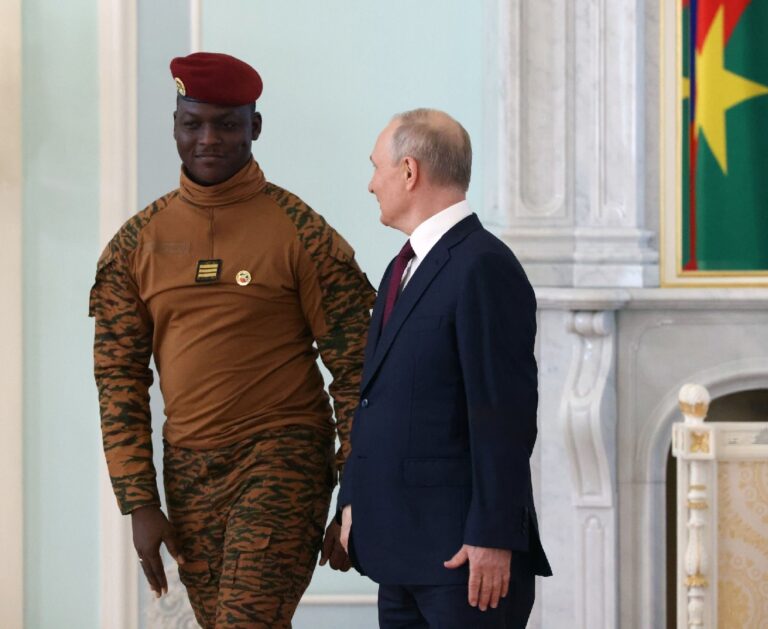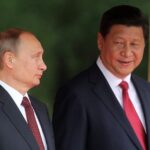The recent agreement between the Burkinabé government and the Russian company Nordgold—previously owned by Alexey Mordashov, a sanctioned Russian oligarch with close ties to the Kremlin—signals a deliberate and strategic push by Moscow to deepen its economic and geopolitical footprint in West Africa. The timing and structure of the deal reflect a shift in Russia’s Africa policy, one rooted in transactional alliances, natural resource extraction, and a thinly veiled form of neo-colonialism.
Nordgold is no ordinary private firm. Its deep links to the Russian state and its oligarchic class make it a geopolitical tool as much as an economic actor. Since the mid-2010s, and especially after the 2022 invasion of Ukraine, Russia has increasingly turned to “private” companies like Nordgold, Rosatom, and Lukoil—as well as paramilitary proxies like Wagner (now rebranded as Africa Corps)—to serve strategic state objectives under commercial cover. In Burkina Faso, where the junta led by Captain Ibrahim Traoré has cut ties with France and pivoted toward Moscow, Nordgold likely obtained the deal through a mix of political alignment, direct negotiation, and the offer of security cooperation through Russian advisors or Africa Corps operatives.
In exchange for gold concessions, Moscow typically provides authoritarian governments with military assistance, disinformation infrastructure, and diplomatic backing at the UN—an asymmetric relationship dressed in the language of “sovereignty” and “non-interference.”
Why Russia seeks African resources despite domestic abundance
Although Russia sits atop vast mineral wealth—including gold, platinum, nickel, and uranium—its ability to profit from these resources is now constrained by Western sanctions, technological isolation, and growing extraction costs in remote, Arctic regions. Africa offers a more immediate and flexible solution. In countries like Burkina Faso, the Kremlin can gain:
- Direct access to physical gold that can be smuggled or laundered through third-party states (e.g. UAE, Turkey),
- Low-cost extraction due to minimal environmental and labor protections,
- Political leverage in return for economic patronage, and
- A narrative victory over Western institutions by demonstrating Russian relevance on the global stage.
Gold, in particular, is critical to Russia’s current strategy. It is portable, sanction-proof, and a vital backstop for the Russian Central Bank amid currency pressures and restricted access to SWIFT and global reserves.
A new Russian colonialism?
This pattern bears all the hallmarks of 21st-century colonialism. Though Russia does not formally rule over territories, it replicates classic colonial structures: extractive economics, coercive security arrangements, elite co-optation, and cultural propaganda. In Burkina Faso, as in Mali and the Central African Republic, Russian media (Sputnik, RT in French) spreads anti-Western narratives while military trainers and advisors entrench local regimes in power. In many cases, the benefits of mining deals flow upward to political elites and Moscow-linked intermediaries—leaving local populations in poverty, environments degraded, and political opposition silenced.
This stands in sharp contrast to Moscow’s Cold War-era identity. Then, the Soviet Union presented itself as a patron of anti-colonial movements, training liberation fighters (e.g. in Angola, Mozambique, and Guinea-Bissau), supporting newly independent states, and opposing Western imperialism ideologically and materially. Leaders like Patrice Lumumba, Amílcar Cabral, and Thomas Sankara once saw the USSR as a partner in decolonization. Today, however, Russia’s African approach is driven not by ideology but by economic desperation and geopolitical ambition.
Comparing Western and Russian exploitation
Critics of Western involvement in Africa are right to point out that European and American companies have often extracted resources without equitable development. However, there are key differences in today’s Russian model:
- Lack of transparency: Western firms face shareholder scrutiny, ESG mandates, and media oversight. Russian firms operate in opacity, with profits funneled through offshore networks.
- Militarization of economic deals: Russia often pairs resource contracts with boots on the ground—paramilitary forces that suppress dissent and fortify client regimes.
- Strategic isolation: By crowding out Western firms and advisors, Russia fosters dependency, not diversification.
In short, while Western extractive practices are deeply flawed, Russia’s model is more coercive, more secretive, and more explicitly tied to geopolitical destabilization.
The gold mining deal in Burkina Faso is a case study in Russia’s evolving strategy: using state-linked companies to entrench its influence through resource control, regime support, and economic capture. It reveals a Russia no longer guided by Cold War-era ideals, but by the imperatives of survival in a hostile global system. In doing so, it has ironically assumed the very role it once denounced: that of a neo-colonial power in Africa.
This pattern raises legitimate questions about a new form of neo-colonialism. While Moscow historically denounced Western colonialism and positioned itself as a liberation ally during the Cold War—supporting anti-colonial movements across the continent—it has since pivoted. In today’s multipolar world, Russia’s actions resemble the very behavior it once condemned: locking African states into asymmetric relationships, extracting resources with limited benefit to local populations, and reinforcing authoritarian regimes in exchange for strategic access.
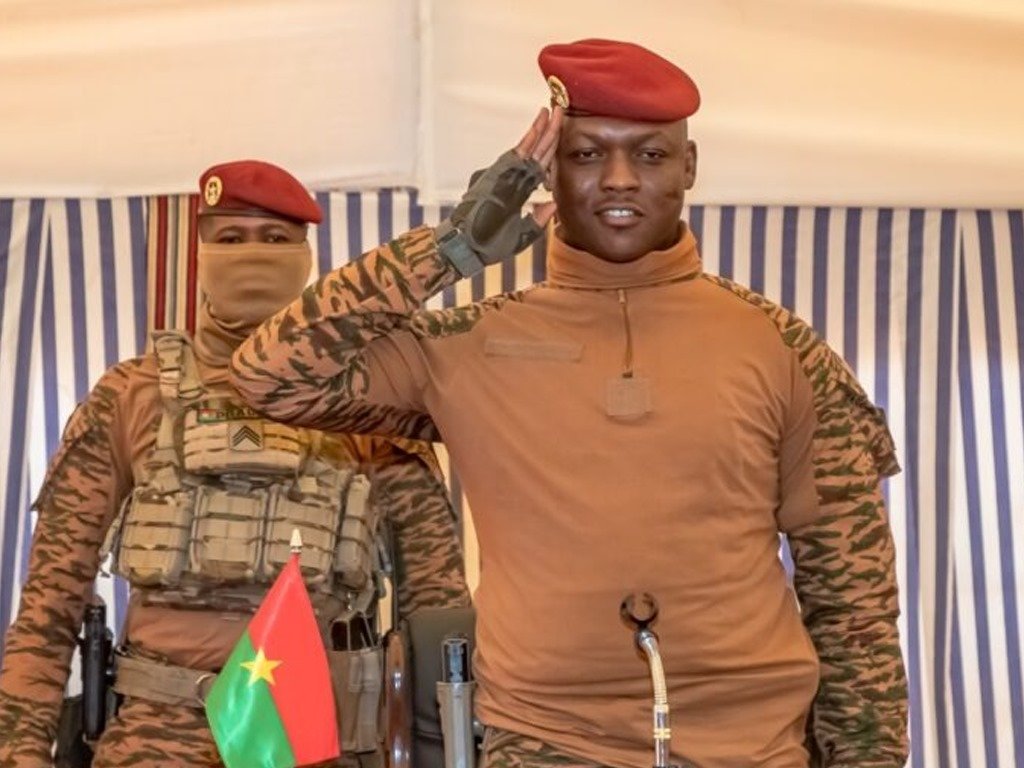
More on this story: Ibrahim Traoré, Russian Influence, and U.S. Policy Challenges
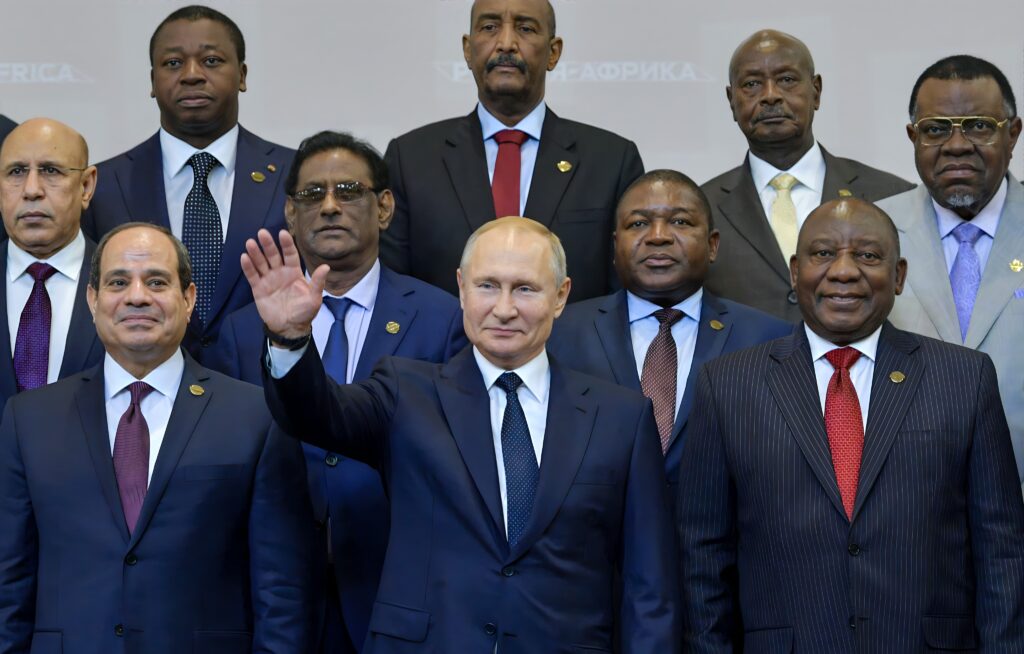
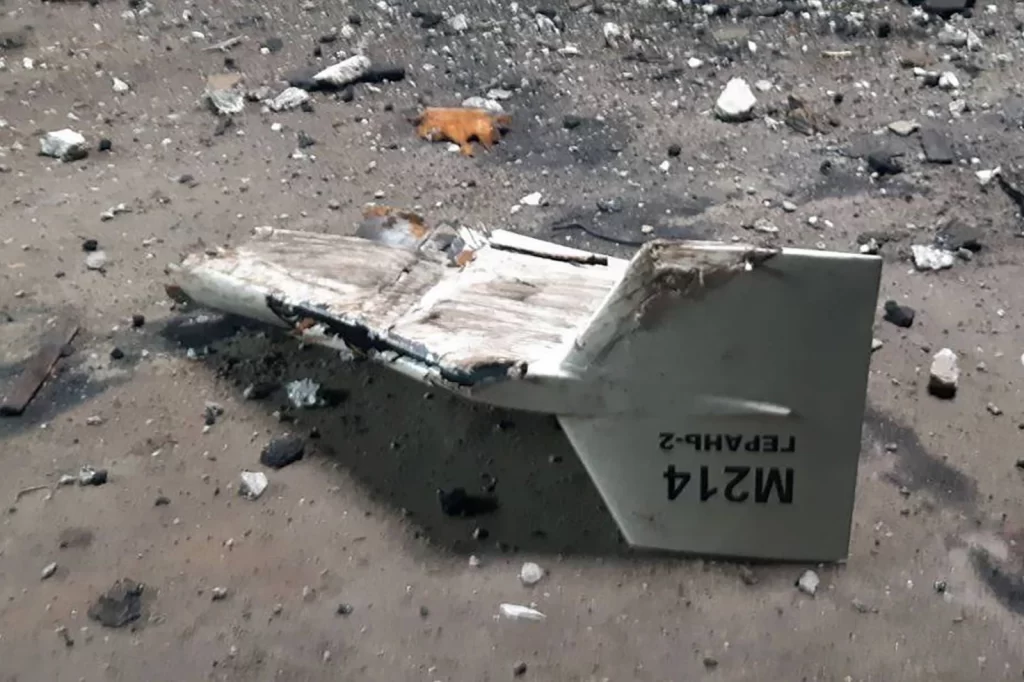
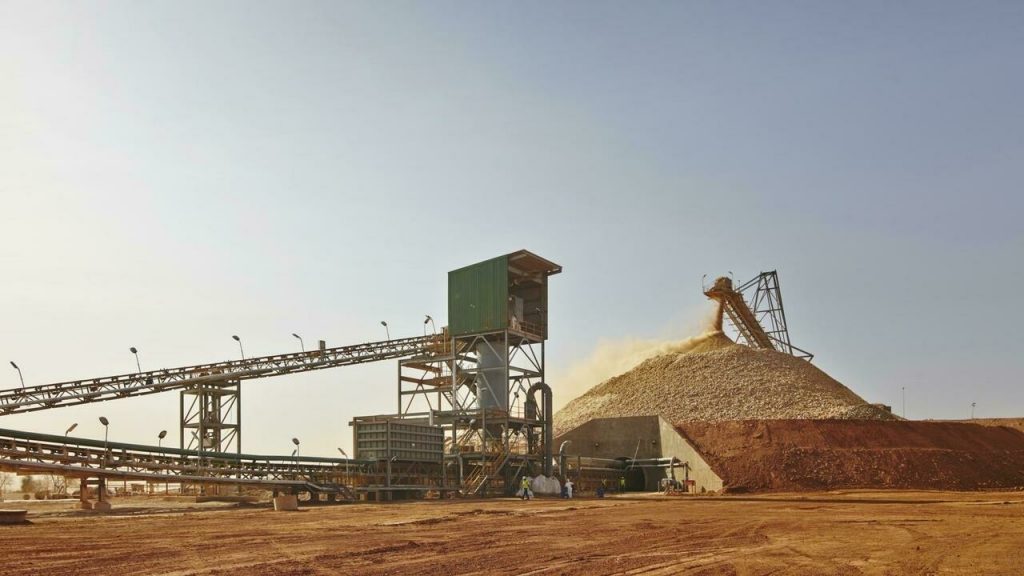
More on this story: Gold mines in Burkina Faso fuel militant and jihadist groups
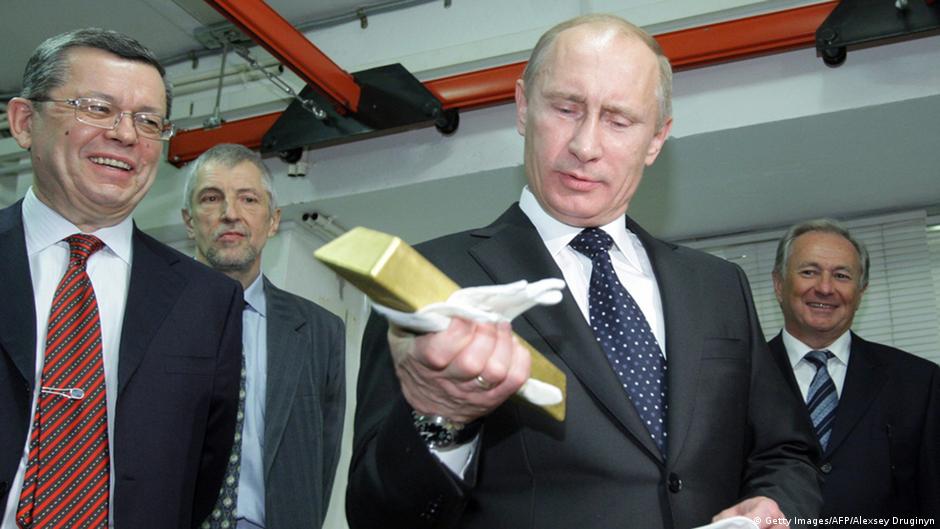
More on this story: Africa loses gold deposit sovereignty and turns into Russian colony
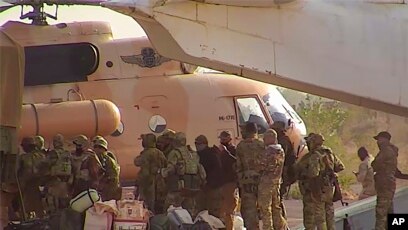
More on this story: Ghana’s gold increases risks for Russian-backed coup
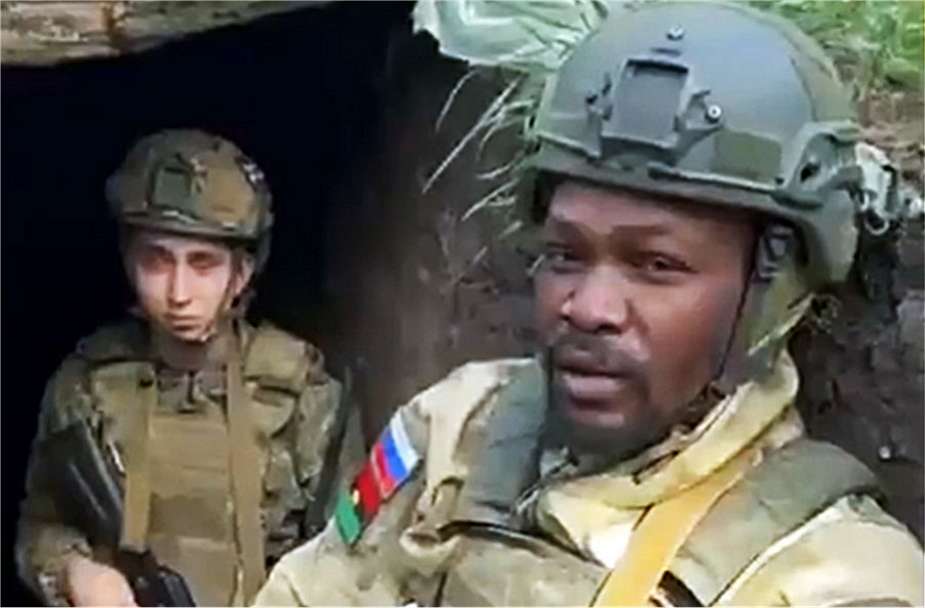
More on this story: Kremlin’s Colonial and Racist Policies in Africa
This shift is driven by realpolitik. During the Cold War, Moscow’s ideological commitment to anti-colonialism aligned with its global rivalry against the West. Today, however, its posture in Africa is driven by pragmatism, resource needs, and the desire to outflank Western influence on the continent. The Kremlin views Africa not as a partner in solidarity, but as a theater of strategic opportunity—ripe for influence, extraction, and leverage against the West.In that context, the Burkina Faso-Russia gold mining deal is a microcosm of broader trends: economic dependency masquerading as cooperation, geopolitical influence embedded in resource contracts, and the emergence of a Russian model of neo-colonial presence cloaked in the rhetoric of sovereignty and multipolarity.


